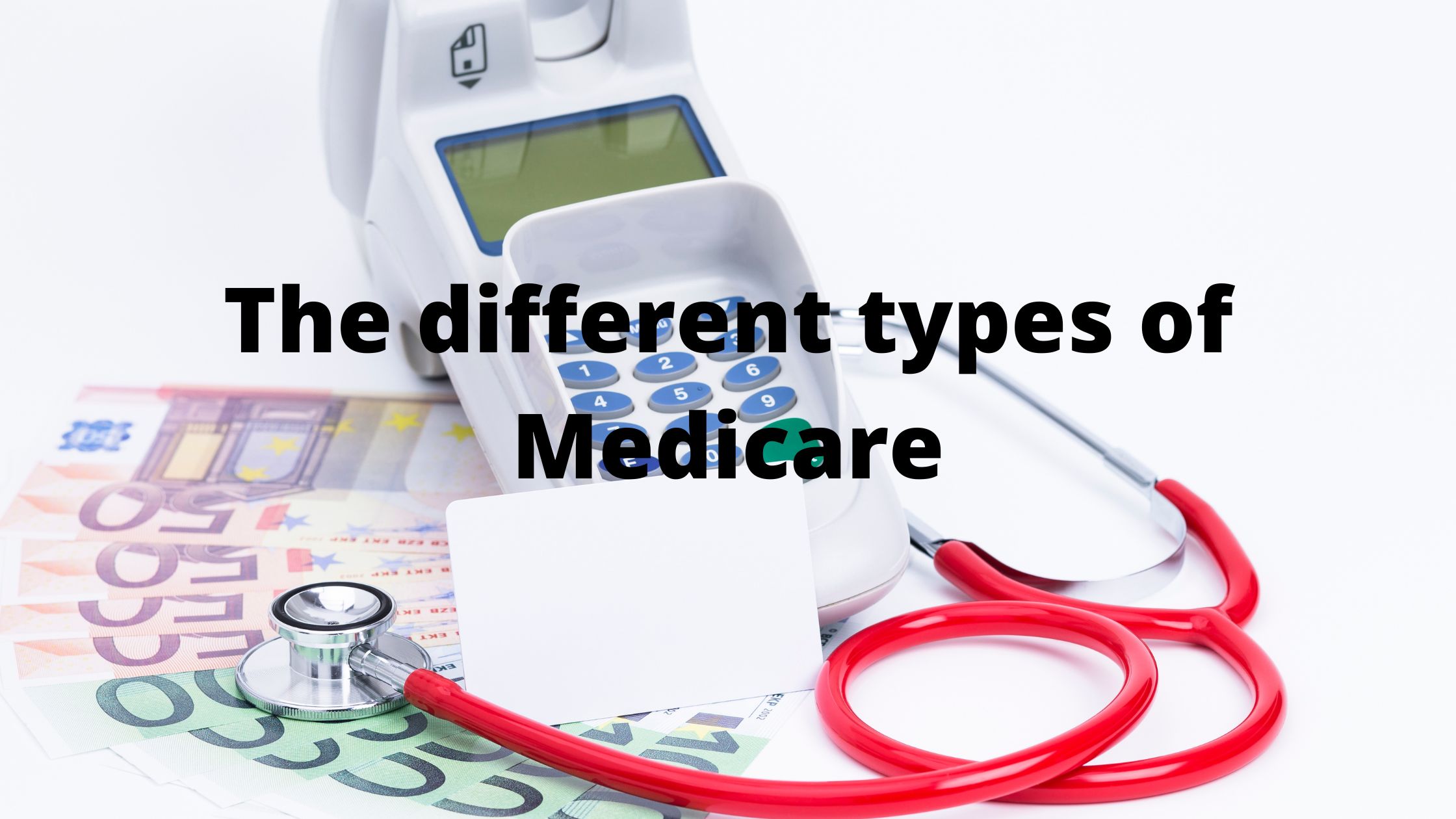Medicare is a federal health insurance program in the United States for people age 65 and older and those with disabilities. It provides benefits through a variety of payment plans and has been in place since 1965.
Many people are likely familiar with Medicare, but there are probably still some questions about it that you would like answered. In this article, we will address some of the most important aspects of Medicare and how opting out of it could have major consequences for your life.
What is Medicare?
Medicare is a government-run health insurance program for seniors and people with disabilities. It’s the biggest healthcare program in the United States, with more than 50 million enrollees.
What are the effects of opting out of Medicare?
If you opt out of Medicare, you’ll no longer be covered by the government-run health insurance program. This can have a number of significant effects on your life, both short-term and long-term. Short-term effects include:
*You’ll likely have to pay more for health care on your own.
*You could experience a dramatic increase in premiums or other costs associated with getting insurance on your own.
*You may not be able to get coverage at all if you’re not already covered by another health insurance plan. Long-term effects of opting out of Medicare can include:
*A decline in your standard of living as you’ll no longer be able to rely on Medicare to support you financially.
*A loss of access to important medical services that you may now be able to receive thanks to Medicare (such as preventive care).
The different types of Medicare
If you’re like most people, you probably have a few questions about Medicare. And if you’re like most people, you might be wondering whether or not opting out of Medicare is a good idea. In this article, we’ll discuss the different types of Medicare and how opting out of them affects your life.
What are the steps to opt out of Medicare?
If you’re over the age of 65 and want to opt out of Medicare, there are a few things you need to know. First, you’ll need to file a form called the “Medigap Election Form” with your insurance company. The form will ask you a series of questions about your health and current coverage. Once you’ve completed the form, your insurance company will send you a notice that says you’ve opted out of Medicare.
As part of the opt-out process, you’ll need to also inform Medicare of your decision. You can do this by calling 1-800-MEDICARE (1-800-633-4227) or mailing a written notification to Medicare’s P.O. Box 9771, St Louis MO 63197-9771. In either case, make sure to include your Social Security number, date of birth, and other important information.
Once Medicare has received your notification, it will stop sending payments for benefits covered under Medicare Part A (hospital insurance) and Part B (medical insurance). However, Medicaid may still cover some expenses associated with receiving care in a hospital or doctor’s office.
There are a few things to
The effects opting out of Medicare has on your life
Medicare is a huge program that provides healthcare to millions of Americans. It’s important to know exactly what opting out of Medicare means before deciding to do so. Here are some of the major effects opting out of Medicare has on your life:
1. You’ll likely have to pay more for healthcare than you would if you stayed on Medicare.
2. Your healthcare coverage will likely be reduced or terminated entirely.
3. You may not be able to afford any healthcare at all if you opt out of Medicare.
4. You may end up with a higher bill in the long run because you won’t be able to rely on Medicare to cover all your costs.
5. If you opt out of Medicare, you may lose access to benefits that are available to people who stay on Medicare, such as free preventative care and discounted prescription drugs.
Conclusion
As healthcare professionals, we are often asked about opting out of Medicare. What are the benefits and what are the risks? In this article, I will outline all of the important factors to consider before making a decision to opt out of Medicare. I hope that my comprehensive guide has helped you make an informed choice about whether or not to opt out of Medicare. If you have any questions or would like more information, do not hesitate to contact me.


